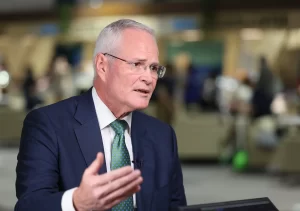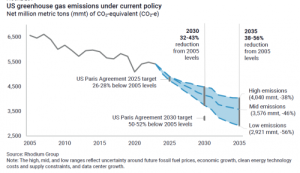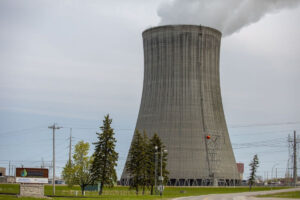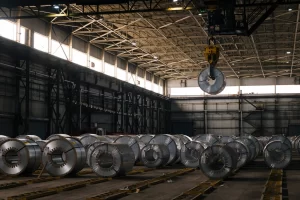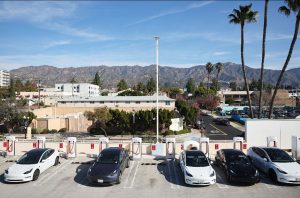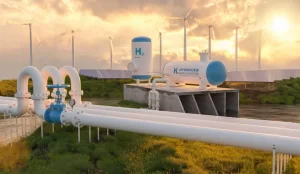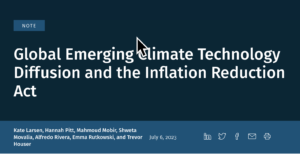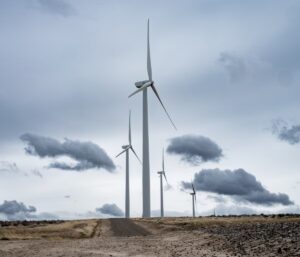Western Governors Association issues bipartisan energy resolution
Western governors of both parties are greeting the incoming second Trump administration with calls for “all of the above” energy development, even as they urged national Republicans to preserve some of the Biden administration’s energy policies. Democratic and Republican members of the Western Governors’ Association — which covers the 22 westernmost states and territories, including some of the top-producing states for fossil fuels and renewables — approved five policy resolutions this week at their annual winter meeting in Las Vegas. The WGA’s energy policy resolution called for permitting reform, more aggressive forest management — including more prescribed burns — and sustained investment in the electricity grid.



